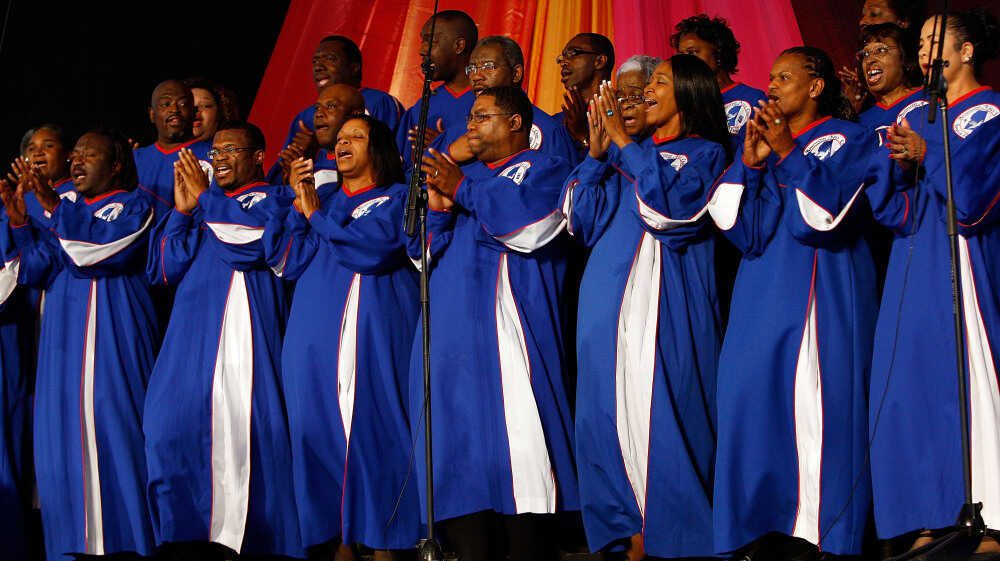Rise of Gospel
Gospel music is a genre of Christian music that emerged in the early 20th century in African-American communities in the United States. It is rooted in the musical traditions of African-American churches, and is characterized by its use of call-and-response, melisma, and other elements of African-American musical styles.
The origins of gospel music can be traced back to the African-American slave experience in the United States. Enslaved Africans brought with them a rich musical heritage, including traditional African rhythms, chants, and spirituals. These songs were often used to express the pain and struggle of slavery, and to provide hope and comfort to those who were suffering.
After slavery was abolished in the United States, African-Americans began to form their own churches and religious communities. These churches became a hub for gospel music, with congregants singing spirituals and other hymns during worship services.
In the early 20th century, a new form of gospel music emerged that combined elements of traditional hymns with popular music styles such as blues, jazz, and ragtime. This new style was known as “gospel blues” or “jubilee” music, and was popularized by groups such as the Fisk Jubilee Singers and the Golden Gate Quartet.
During the 1930s and 1940s, gospel music began to gain wider popularity, thanks in part to the emergence of radio and recordings. Gospel music was embraced by both Black and White audiences, and was often performed by mainstream artists such as Mahalia Jackson and the Staple Singers.
In the 1950s and 1960s, gospel music underwent another transformation, with the rise of “gospel soul” and “gospel rock” styles. These new styles combined gospel music with elements of soul and rock music, and were popularized by artists such as Sam Cooke, Aretha Franklin, and James Cleveland.
In the 1970s and 1980s, gospel music continued to evolve, with the rise of contemporary gospel and gospel rap. Contemporary gospel incorporated elements of R&B and pop music, and was popularized by artists such as Andrae Crouch and the Winans. Gospel rap, which combined gospel lyrics with hip-hop beats, was popularized by artists such as Kirk Franklin and Fred Hammond.
Today, gospel music remains an important part of African-American culture and continues to evolve and adapt to new musical styles and trends. It has also had a significant impact on American popular music, influencing artists across a wide range of genres, from soul and R&B to rock and hip-hop. Despite the many changes and adaptations that gospel music has undergone over the years, its core message of faith, hope, and redemption remains as powerful and relevant as ever.


